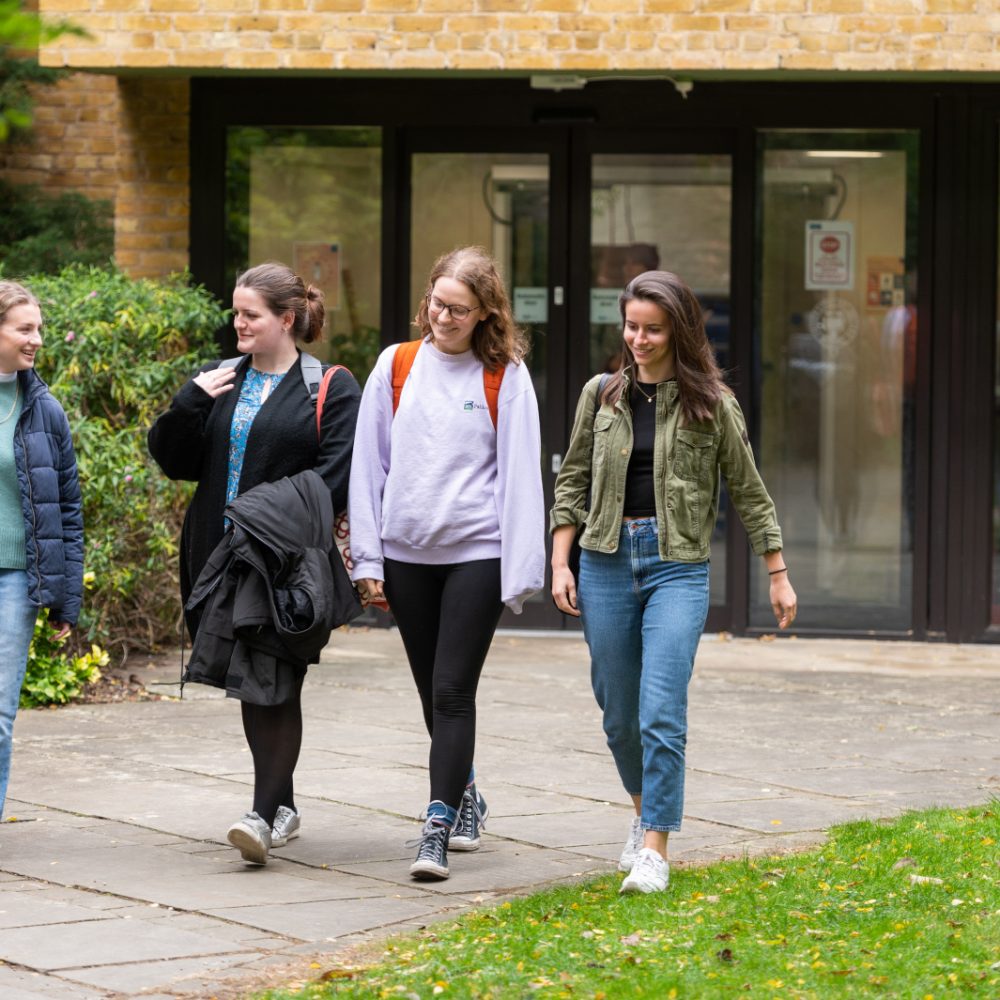In Hilary term 2020, the department ran a six-part seminar series on ‘Exclusion from School and its Consequences’ convened by the department’s Harry Daniels and Ian Thompson.
This series was run as part of Excluded Lives, a newly funded ESRC project.
The main objective of this research is to develop a multi-disciplinary understanding of the political economies and consequences of school exclusion across the UK. School exclusion has long and short-term consequences in terms of academic achievement, well-being, mental health, and future prospects. Yet there are great differences in the rates of permanent school exclusion in different parts of the UK with numbers rising rapidly in England but remaining relatively low or falling in Northern Ireland, Scotland and Wales. For example, in the latest available figures there were 7,900 permanent exclusions in England (2017-18) compared to just three in Scotland (2018-19). However, these figures do not account for many informal and illegal forms of exclusion. In this research, home international comparisons of historical and current policy, practice and legal frameworks relating to school exclusion will be conducted for the first time. Previous research and official government statistics show that exclusions are far more likely to affect pupils from specific groups e.g. low-income families, from some ethnic backgrounds, or with special needs. This project therefore aims to highlight ways in which fairer and more productive outcomes can be achieved for pupils, their families, and professionals by comparing the ways in which policy and practice around exclusions differ in the four jurisdictions.
The research will be undertaken by the multi-disciplinary (criminology, economics, education, law, psychiatry, sociology, and disability studies) and multi-site (the universities of Oxford, Cardiff, Edinburgh, Queen’s Belfast, and the LSE) Excluded Lives Research Team established in 2014. Find out more here.
Listen to the podcasts in full:






